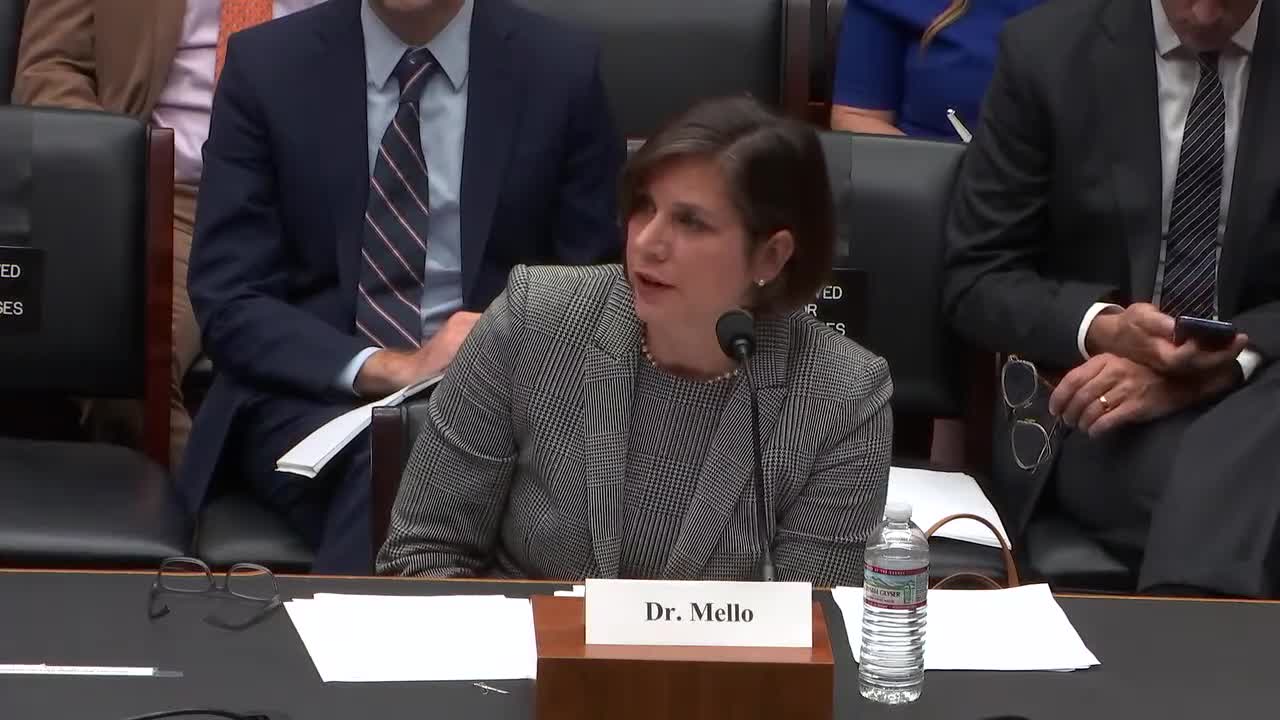
This article was created by AI using a video recording of the meeting. It summarizes the key points discussed, but for full details and context, please refer to the video of the full meeting. Link to Full Meeting
A key focus was the need for human oversight in automated systems, particularly regarding disenrollment processes in health care programs. Representatives emphasized that while AI could streamline operations and alert enrollees about critical deadlines, it must not replace human monitoring. "If we're gonna use automation to enforce these disenrollments, there are humans monitoring," one representative stated, highlighting the risk of coverage losses for eligible individuals due to overly complex reporting systems.
The conversation also turned to the legal implications of AI in medical malpractice cases. Experts debated the role of AI in clinical decision-making and the shared liability among physicians, hospitals, and AI developers. "There needs to be shared liability... because sometimes the errors that doctors make as a result of output could not reasonably have been foreseen," noted a legal scholar, stressing the importance of accountability in AI applications.
However, the most alarming revelations came from discussions about the dangers of unregulated AI chatbots in mental health care. A representative expressed deep concern over reports of AI systems exacerbating mental health crises, particularly among vulnerable populations. "We've seen disturbing reports about AI chatbots leading to real harm," he warned, citing instances where chatbots provided harmful advice to teens in distress. Experts agreed that children and adults in crisis are particularly susceptible to the misleading outputs of these AI systems, which often validate unhealthy behaviors.
The committee underscored the urgent need for regulatory measures to ensure AI technologies in health care are safe and effective. "Unless there's some regulation encouraging them to code these things in a non-addictive way, I don't see them doing it on their own," one expert cautioned, calling for a proactive approach to AI governance.
As the meeting concluded, it was clear that while AI holds promise for advancing health care, significant challenges must be addressed to protect patients and ensure ethical use of technology. The committee's discussions set the stage for potential legislative action aimed at safeguarding public health in the age of AI.
Converted from Examining Opportunities to Advance American Health Care through the Use of AI Technologies meeting on September 04, 2025
Link to Full Meeting
Comments
View full meeting
This article is based on a recent meeting—watch the full video and explore the complete transcript for deeper insights into the discussion.
View full meeting